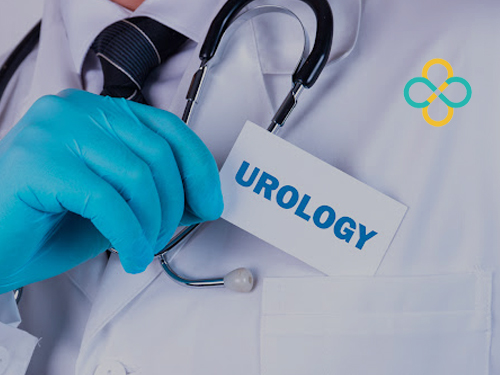When it comes to diagnosing and treating urological conditions, urology experts play a crucial role. Their specialized knowledge and advanced diagnostic tools enable them to identify issues accurately and provide effective treatments. Whether you're dealing with a common condition like a urinary tract infection or a more complex problem such as kidney stones, understanding the process that urology experts follow can help you feel more confident in your care.
Comprehensive Diagnostic Techniques
Detailed Medical History
The diagnostic process begins with a thorough review of your medical history. Urology experts will ask about your symptoms, lifestyle, and any previous medical conditions. This information is essential for forming a complete picture of your health and identifying potential urological issues.
Physical Examination
A physical examination is often the next step. This allows urology experts to assess any physical signs of urological problems. For men, this might include a digital rectal exam to check the prostate, while women may undergo a pelvic exam to identify any abnormalities in the reproductive organs.
Advanced Imaging
Imaging techniques such as ultrasound, CT scans, and MRI are invaluable tools for urology experts. These non-invasive methods provide detailed views of the urinary tract, kidneys, bladder, and reproductive organs, helping to identify structural abnormalities, stones, tumors, and other issues.
Laboratory Tests
Laboratory tests are another key component of the diagnostic process. Urology experts often order urine tests to check for infections, blood, or other abnormal substances. Blood tests can also provide important information about kidney function and other systemic conditions that may impact urological health.
Specialized Procedures
In some cases, more specialized procedures are required. Cystoscopy, for example, involves using a thin, flexible tube with a camera to view the inside of the bladder and urethra. Urodynamic testing measures how well the bladder and urethra are storing and releasing urine. These procedures provide urology experts with critical information for diagnosing specific conditions.
Common Conditions and Their Treatments
Urinary Tract Infections (UTIs)
UTIs are one of the most common reasons people visit urology experts. Treatment typically involves a course of antibiotics to eliminate the infection. In recurrent cases, further investigation may be needed to identify underlying causes and prevent future infections.
Kidney Stones
Kidney stones can cause severe pain and complications if not treated promptly. Urology experts use imaging to locate stones and determine their size and composition. Treatment options may include medication to dissolve small stones, shock wave lithotripsy to break up larger stones, or surgical procedures for particularly stubborn stones.
Prostate Conditions
Prostate issues, including benign prostatic hyperplasia (BPH) and prostate cancer, are common in men. Urology experts diagnose these conditions through a combination of physical exams, blood tests (such as the PSA test), and imaging. Treatments range from medication and lifestyle changes for BPH to surgery, radiation, and hormone therapy for prostate cancer.
Bladder Issues
Conditions like overactive bladder and urinary incontinence can significantly impact quality of life. Urology experts diagnose these issues through urodynamic testing and other evaluations. Treatment may include medication, physical therapy, and in some cases, surgical interventions to improve bladder control.
Erectile Dysfunction
Erectile dysfunction (ED) is another common condition treated by urology experts. Diagnosis involves a combination of medical history, physical exams, and potentially blood tests to identify underlying causes. Treatments for ED can include medication, lifestyle changes, and devices or surgery in more severe cases.
The Role of Preventive Care
Preventive care is a key focus for urology experts. Regular screenings and check-ups can catch potential issues early, before they become serious problems. For example, routine PSA tests can detect prostate cancer at an early, more treatable stage. Lifestyle advice, such as maintaining a healthy diet and staying hydrated, is also a crucial part of preventive urological care.
Urology experts are essential for diagnosing and treating a wide range of urological conditions. Their expertise, combined with advanced diagnostic tools and personalized treatment plans, ensures that patients receive the best possible care. If you're experiencing any urological symptoms or simply need a check-up, don't hesitate to consult with a urology expert. Early diagnosis and treatment can make a significant difference in your health and quality of life. Schedule an appointment today and take the first step towards better urological health.





Comments